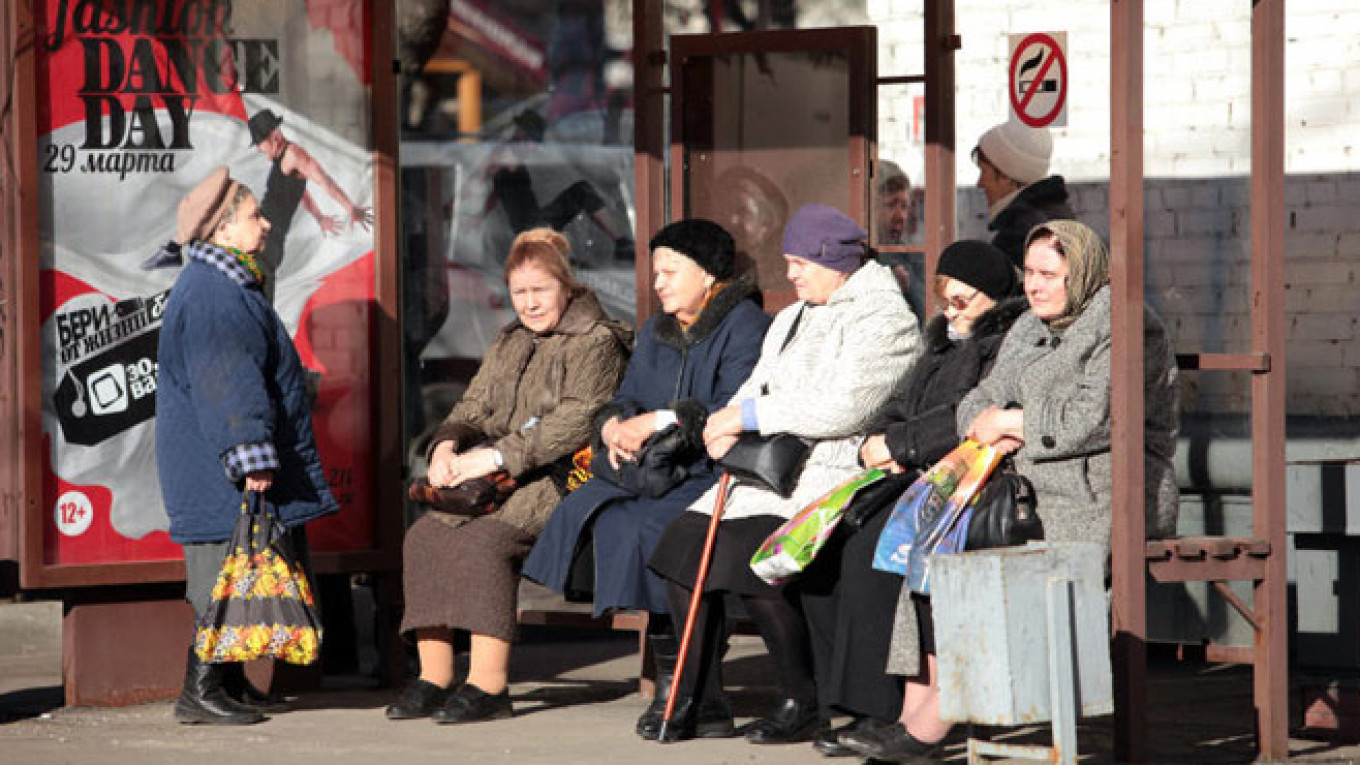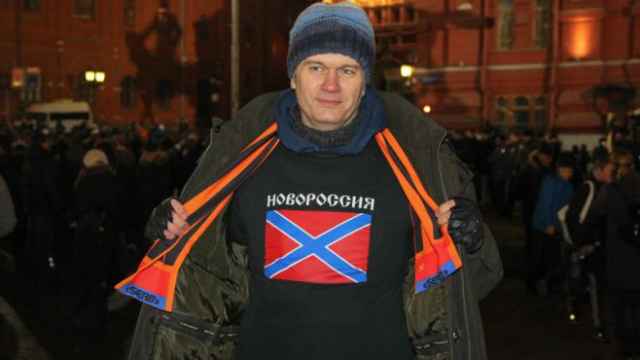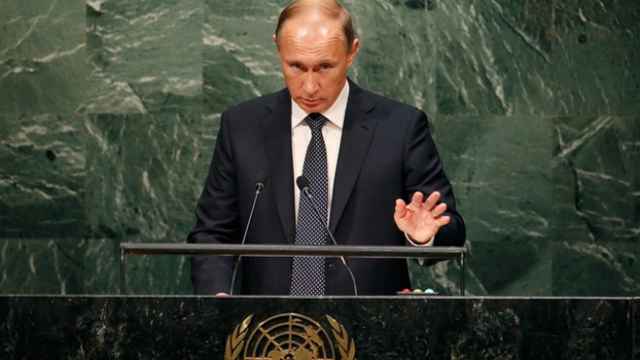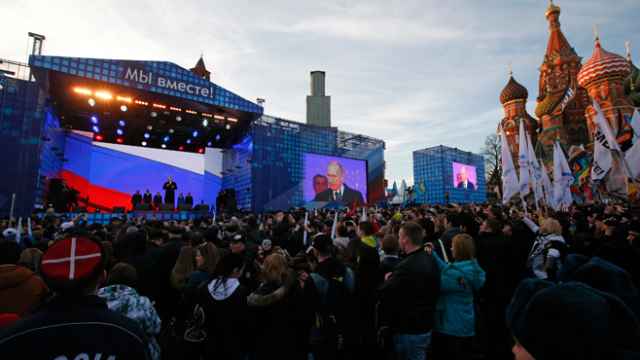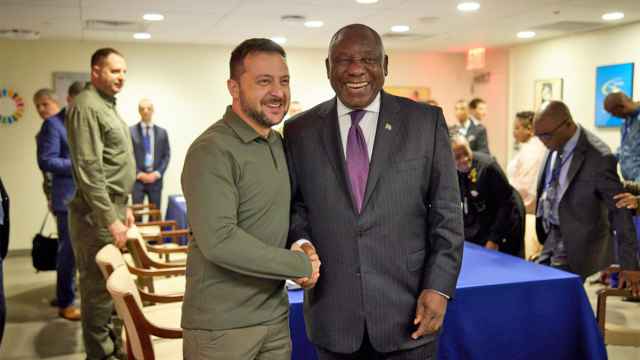On Oct. 2, the Russian government announced its decision to raise pensions by 4 percent, effective Feb. 1, 2016. On the same day, I spoke with one of the most knowledgeable experts on Russian social policy, who quipped: "We calculated the increase to be 320 rubles per senior citizen. If I were Deputy Prime Minister for Social Affairs Olga Golodets, I'd tell them to buy a fighter jet with that money."
Indeed, what are pensioners worth to a country that has prioritized its defense and security interests above all else? They are an undeniable drain on the federal budget: Almost everyone expects that there will be one pensioner per one working person by 2030, an unsustainable ratio that will bring about the rapid collapse of the pension system.
It is clear that fighter jets are beating out pensions in the competition for state funding. Such are the government's and elite's priorities, which the Russian population has thoroughly supported, betraying their own best interests in exchange for the sense of national pride that Russia's interventions in Crimea, the Donbass, and Syria have given them.
To the Kremlin, only fighter jets and their precision bombing will make Russia competitive internationally. But this isn't a viable political or economic model, and it will eventually cave in under its own demographic weight: the aging population, shrinking workforce, low birth rate, and influx of migrant laborers (though today Russia can't even attract unskilled workers, long-term trends suggest that migrant laborers will continue to pour into Russia) are serious problems.
To make matters worse, Russia's labor market is severely depressed, with officials disguising widespread unemployment as underemployment. This, in addition to the government's ineffective economic policies, is making Russia less and less competitive in the global economy.
Only a democracy with functioning political institutions can cope with these challenges; the Russian state and society will not survive if they remain nationalistic and imperialistic. Current demographic trends may take decades to reverse.
During the 2011-12 protests, the conflict at the core of modern Russia seemed to be the clash between progressive society and the militarized, archaic state. Since then, however, the government's bold foreign adventures and the increased popularity of the current "development" model among large segments of the population have exposed a conflict between different parts of society.
The new conflict is between archaic, traditionalist, and at times fundamentalist segments of society and other, modernizing factions. The traditionalist part of the Russian population, which is significantly larger and more powerful, currently has the upper hand in this conflict.
Renewed isolationism, and hatred for the West and the "fifth column" is thus predictable. Russia has failed to create functioning institutions and increasingly lags behind the advanced world socially and economically; what can one expect but greater aggression and hatred toward the imaginary root of all of Russia's misfortunes?
All the while, everyday Russians continue to suffer. Russians' life expectancy and quality of life remain extremely low by Western standards. If the state actually had working institutions, it would have dramatically increased its investments in human capital, education, and health care. Instead, the state prefers to invest in protecting its only institution: "the besieged fortress." As such, the state spends oil, gas, and tax revenue on fighter jets, while defunding health care and placating seniors with a 4 percent increase in their meager pensions.
Andrei Kolesnikov is a senior associate and the chair of the Russian Domestic Politics and Political Institutions Program at the Carnegie Moscow Center. This comment originally appeared on Carnegie Moscow's Eurasia Outlook blog.
See also on Eurasia Outlook blog:
Russia's System of Managed Chaos
Grab and Share: New Tax Proposals for Russia's Oil Industry



